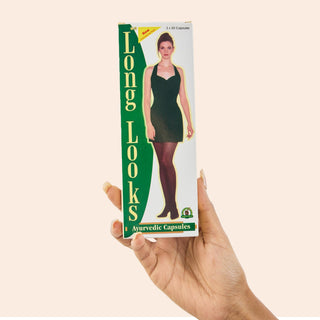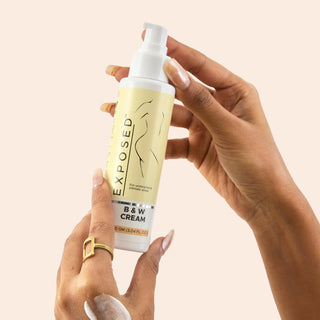Tea water is hailed as an effective hair treatment if you can spare pouring it onto your head instead of in your cup. It helps unclog pores, nourish hair follicles, and cleanse the scalp.
While tea water has been popular for hair treatment for ages, dipping your head into it won’t do much for your hair health. Instead, let the tea water soak into your strands and scalp to get a desired glow-up. Are you still unsure about tea rinses and want to dig deeper into the concept? Here are the deets, plus how to perform this easy-peasy treatment at home.
The Key Advantages of Tea Rinses for Hair
When it comes to hair treatment, we all love the prospect of DIY remedies to save our trip to the salon. A tea rinse is a simple treatment that anyone can do to help improve their tresses and scalp health.
Here’s a rundown of potential perks.
Tea water has high levels of tannins that don’t just help neutralize free radicals but also help give you a quick color boost. It acts like a natural hair dye and helps peeps acquire refreshed, darker hair colors.
However, before getting tempted, it’s good to know that tea rinses hair color results are temporary and might not work well for those with lighter hair shades, including blonde, light brown, or white. Also, the results won’t be super dramatic or overwhelming. It’s only a natural alternative to boost your hair color between sessions.
Getting frustrated with constant hair loss? Give this at-home treatment a try, and help boosts your hair health. The caffeine in the tea water might help stave off hair shedding, thus helping you fight hair loss issues.
However, there’s no one-size-fits-all when it comes to hair loss. Multiple causes can trigger hair shedding, including genetics, stress, malnutrition, and hormones. Hence, you should not use tea rinses as a substitute or alternative for seeking medical attention for hair loss.
Tea water is packed with anti-oxidant, antiseptic, anti-inflammatory, and anti-bacterial properties, making it suitable for naturally boosting hair health. In addition reduces hair-shedding, the caffeine in tea water also helps enhance the color and shine of your locks, thus helping improve scalp health.
Due to its antioxidant properties, tea water is ideal for soothing an irritated scalp and can benefit the scalp when applied topically.
This DIY hair treatment is also known for rejuvenating dry locks while keeping the strands healthy and hydrated. Tea water is a good source of Vitamin b5; hence, it works like a moisturizing agent and lends luster to dull strands.
It helps make your lifeless hair soft, smooth, and shiny. Cleanse your locks with a paraben and silicon-free shampoo, like Instant Veda Tea Water Hair Shampoo, then rinse them with tea water kept at room temperature, and move a step forward to get lustrous hair.
Tea rinses not only reduce hair shedding but also help improve hair growth. The high anti-oxidant and caffeine content in the tea water helps stimulate hair follicles, thereby supporting hair and scalp health.
This stimulation encourages hair growth in a healthy way that won’t leave your scalp feeling inflamed or irritated. The caffeine in the tea water may help block DHT, a hormone linked to hair loss and leads to weakened brittle hair.
How to Use Tea Rinses for Hair?
Using tea water for hair and scalp is an easy DIY remedy, as long as you know how to prepare it. While the market is packed with multiple options, like Chamomile, Hibiscus, Green Tea, and Rosemary, Black Tea is often preferred and will do the trick, so you don’t have to spend anything fancy.
Here’s how to make a Black Tea hair rinse.
- Boil two cups of water and soak four black tea bags in it for a minimum of 60 minutes.
- Pour the tea into a spray bottle.
- Wash your locks with a sulfate-free shampoo and separate your wet locks into small sections.
- Spray the tea water onto your tresses and scalp and massage it in.
- Leave them for at least one hour, and use a shower cap to avoid any stains on your clothes.
- Once done, rinse your hair with lukewarm water and use a deep conditioner to seal the moisture.
Note: Leaving tea water in your tresses for too long could be extra drying. Hence, rinse it after 1 hour and follow up with a conditioner to quench your thirsty hair.
Summing Up
Tea water is ideal for those with scalp buildup or irritation, dull or lifeless hair, and hair thinning issues. While it is considered safe, those with sensitive skin should do a patch test to avoid any skin reaction or allergy.



